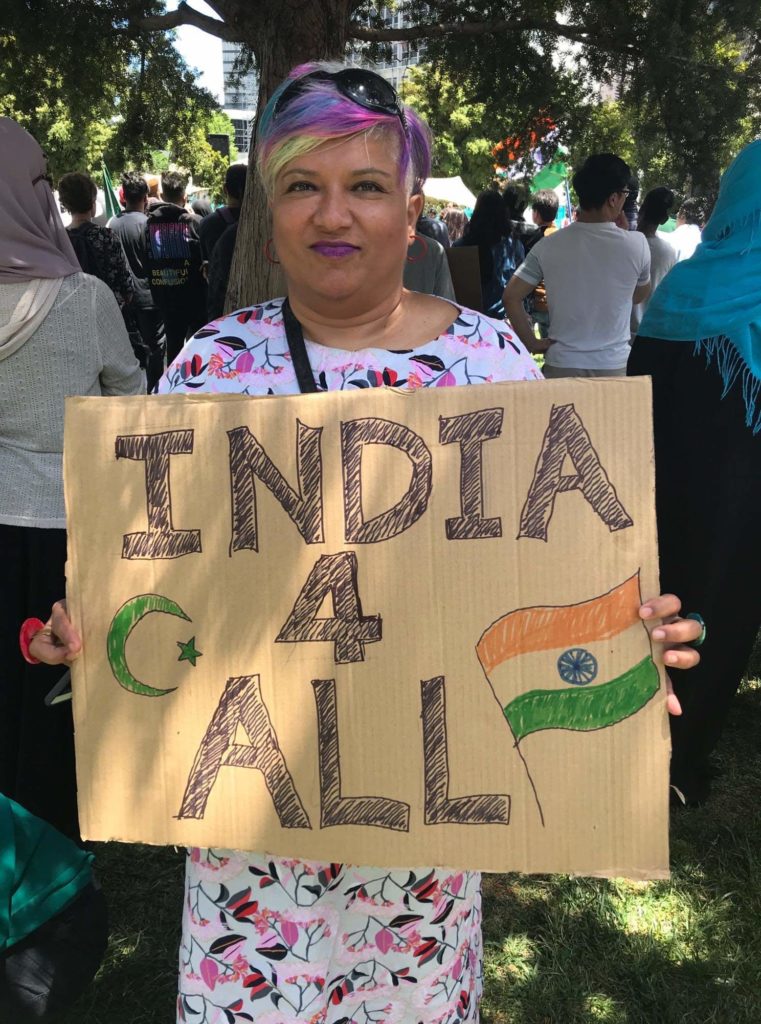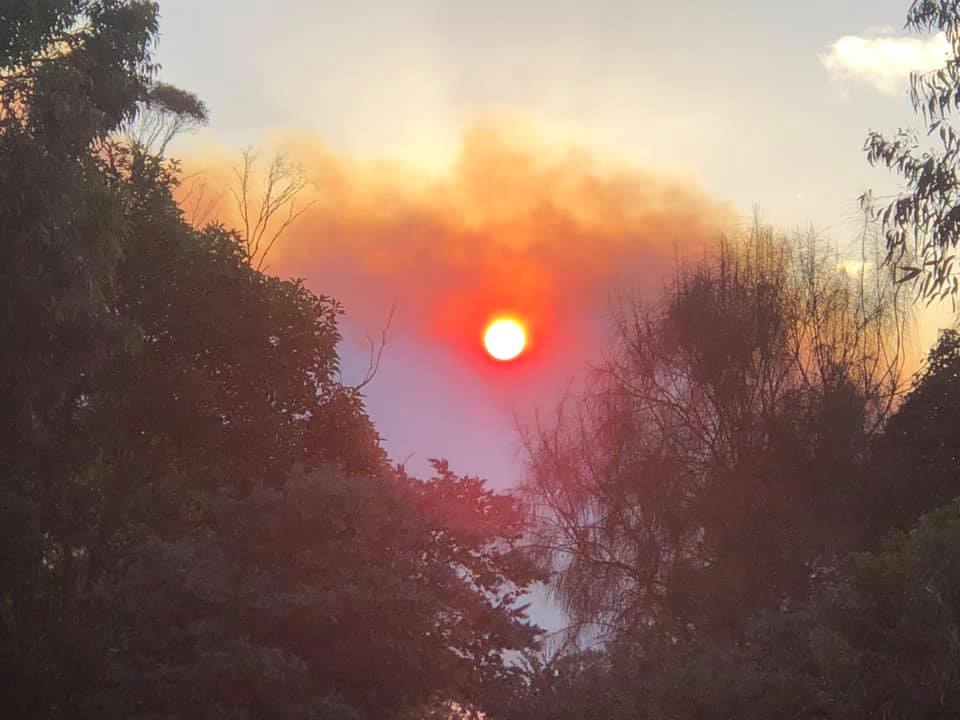Folks at Southern Crossings, a collective who aim to create space within the “Australian national imaginary and mediascape” for South Asian voices, invited Indian Australian writers to respond to the Citizen’s Amendment Act (CAA) passed on December 12, 2019 and the National Register of Citizens (NRC) in India as diasporic Indians in the context of living in Australia. These responses have been published as one statement to mirror in online form the idea of a “morcha”, a gathering of people to protest for a cause. I’ve added my thoughts below.
Australia and India are magnificent, beautiful, complicated countries that have powerfully shaped me. Goa in India is my ancestral homeland and I live as an uninvited guest on Boonwurrung country in Victoria, Australia. Although distant geographically, both countries share in the escalation of ethnonationalism and border securitisation in response to imagined threats to the culture of the nation. Australia is a British settler-colonial society that 250 years ago invaded Indigenous lands. It has relied on migration for building its nation, yet it invented and imposes the particularly cruel policy of indefinite, mandatory offshore detention. It also perpetrates colonial practices against First Nations peoples while it “celebrates” multiculturalism, and increasingly militarises its police. India suspended Article 370 of the constitution in August 2019, erasing the autonomy of Kashmir, India’s only Muslim-majority state, brutally suppressing a population of eight million people. More recently the Citizen’s Amendment Act (CAA) passed on December 12, 2019 and the National Register of Citizens (NRC) have instituted Hindu supremacy into the legislature.

That two politically and militarily powerful nation states who pride themselves on secularism and the capacity to be inclusive, multicultural and multifaith are so paranoid about identity and security, and anxious about “outsiders” such as “maritime arrivals” and Muslims is breathtaking.
As we approach celebrations of Australia Day and Indian Independence day, I believe that international pressure must be put on the Indian government for its violent treatment of citizens in Kashmir; its brutality against peacefully protesting students and communities exercising their democratic right to dissent; and its discrimination against Muslims and other minority groups. I also believe that non-Indigenous Australians and the Australian government must give pause on this purportedly “national day” to consider the damage and harm to First Nations people from the violence of continuing settler colonialism, and to close the camps and resolve claims for asylum speedily in accordance with our international obligations. Here in Australia, amidst the smoke haze and a burning continent, there does not seem much to celebrate.
